Yes, But Also...
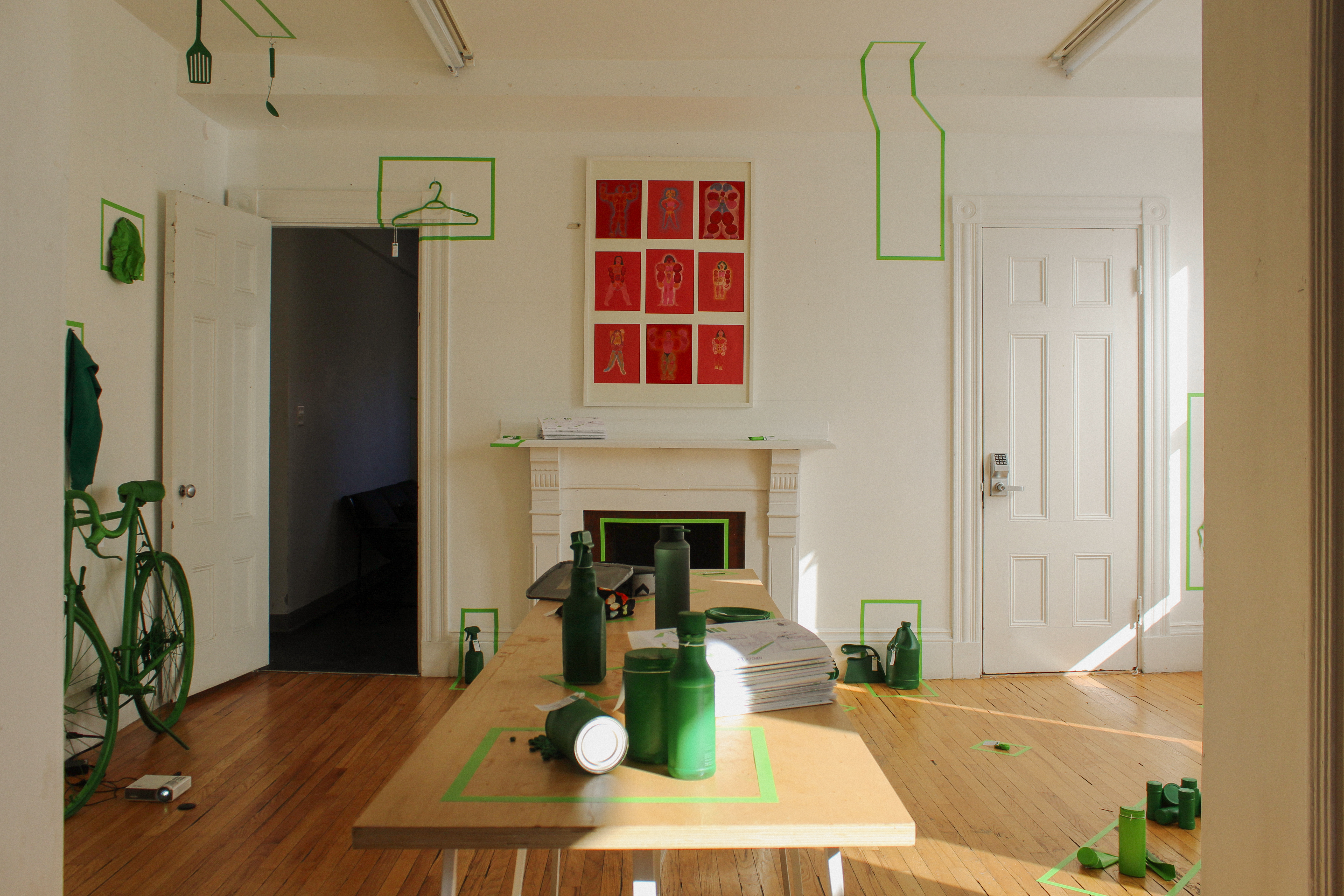
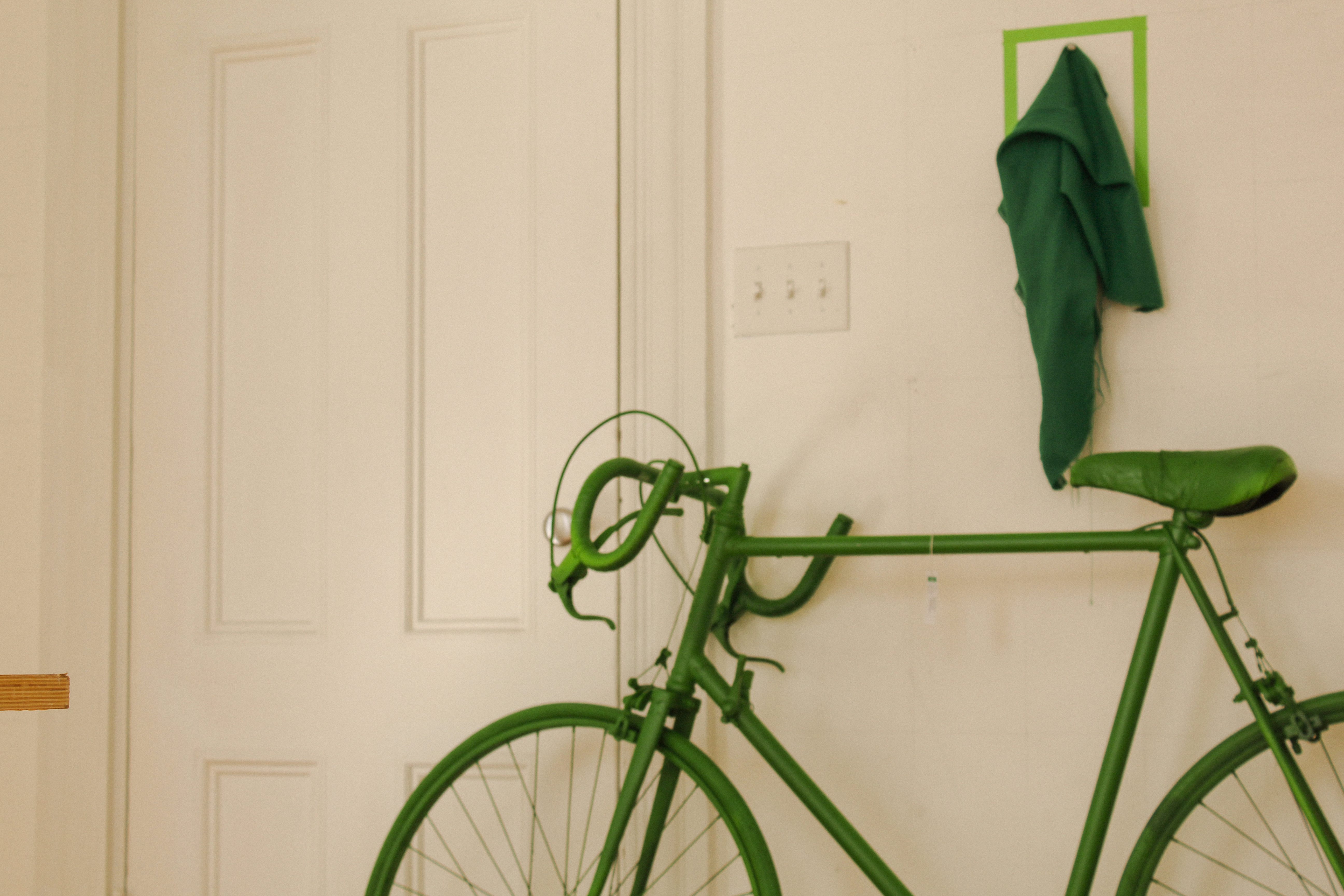
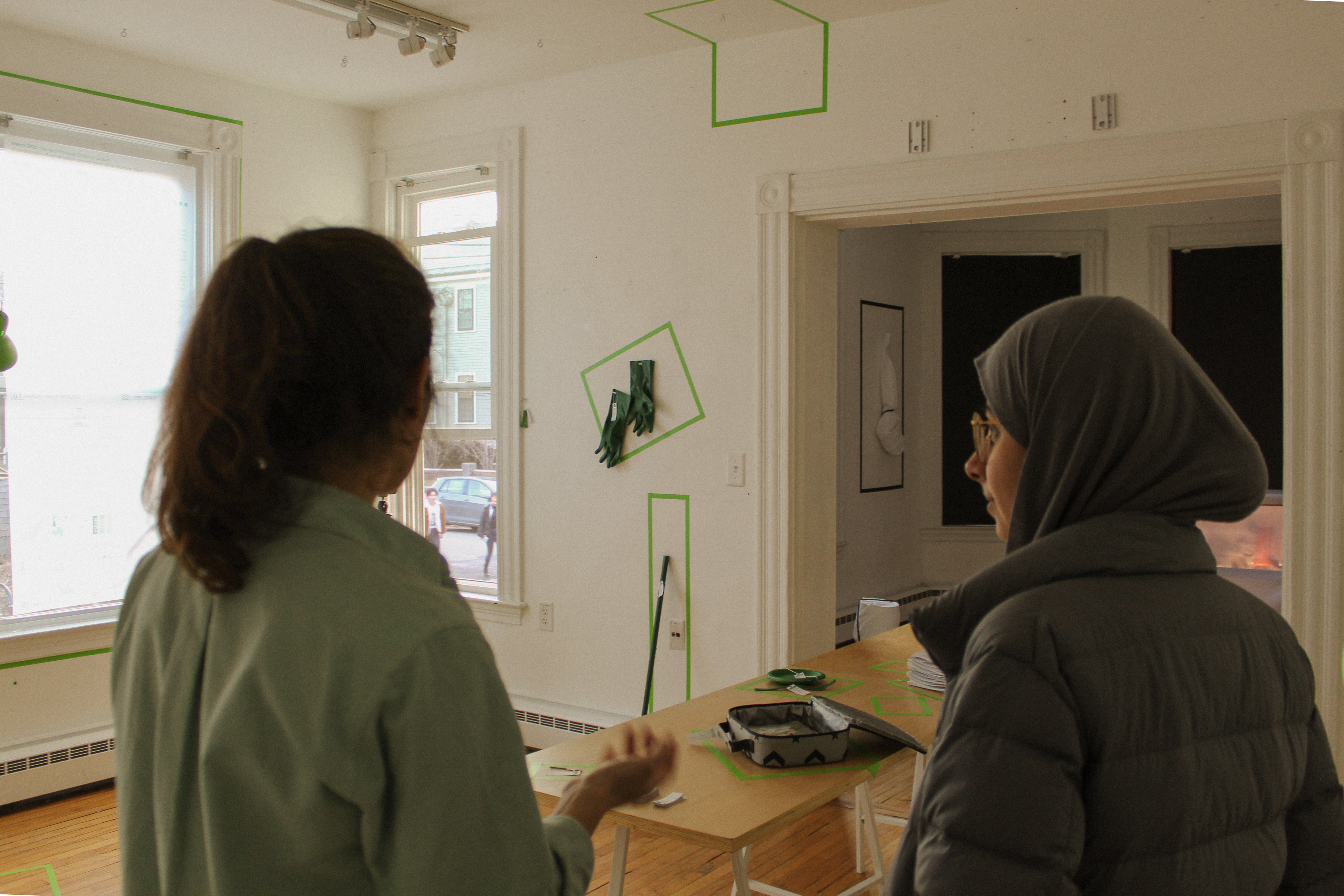
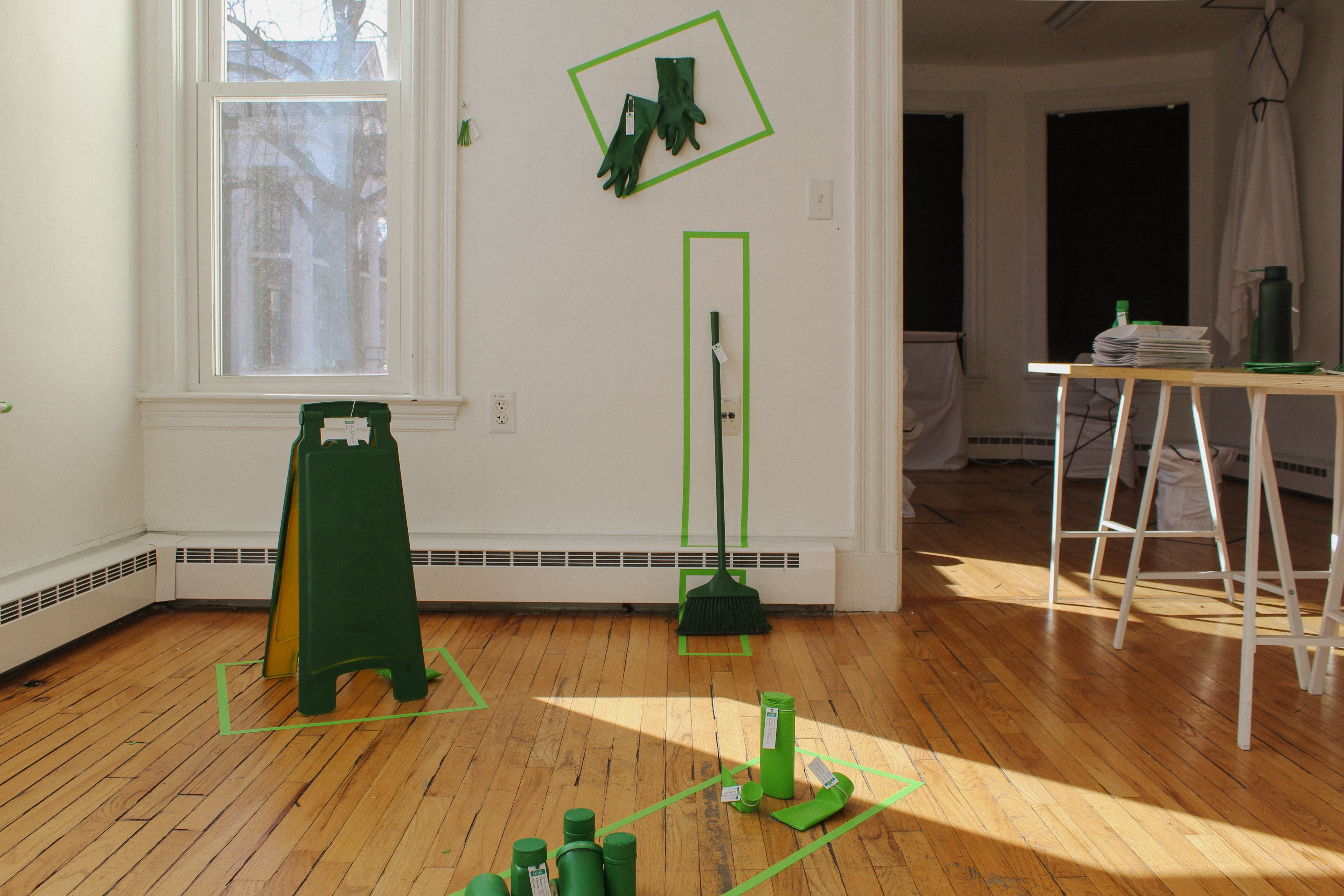
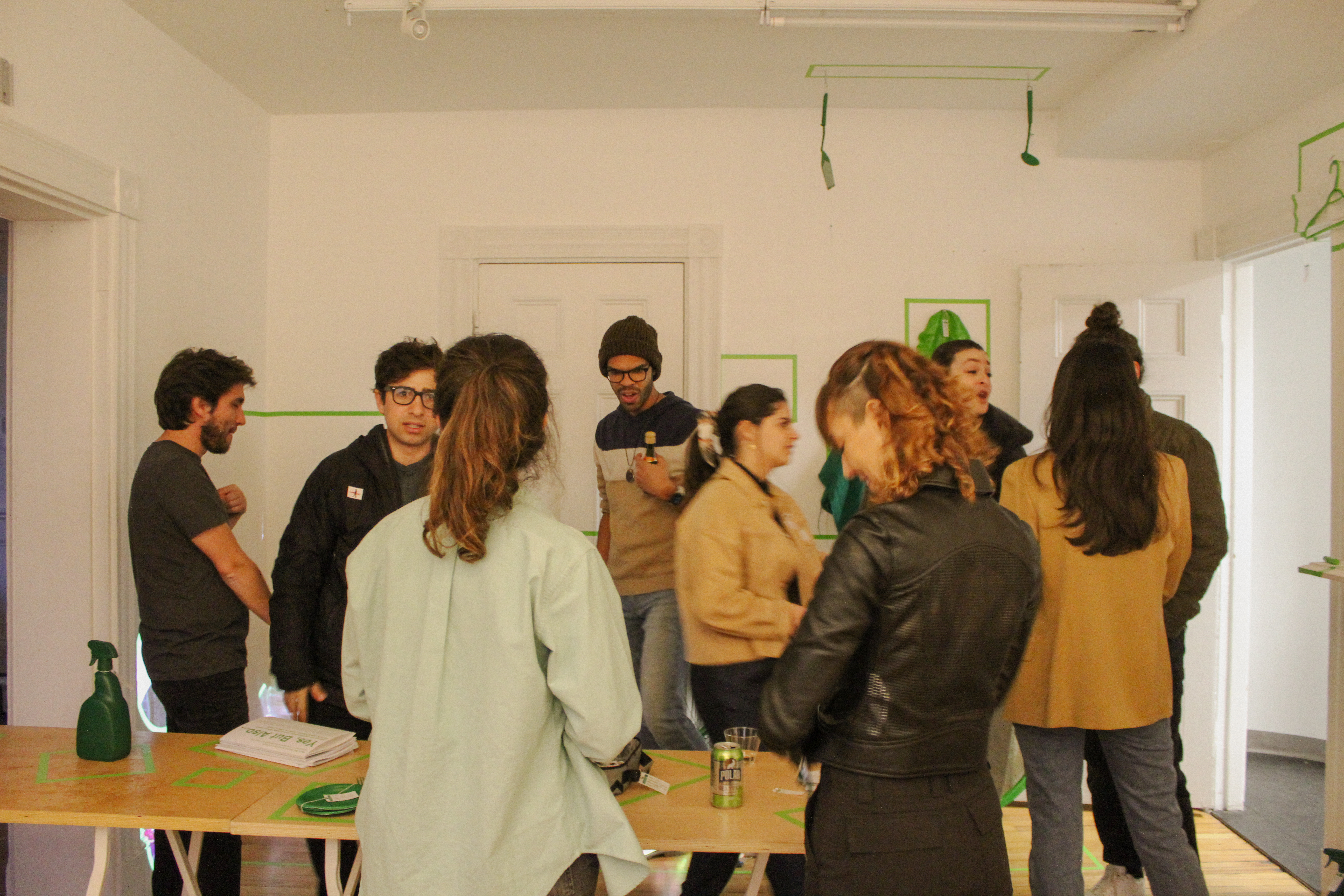


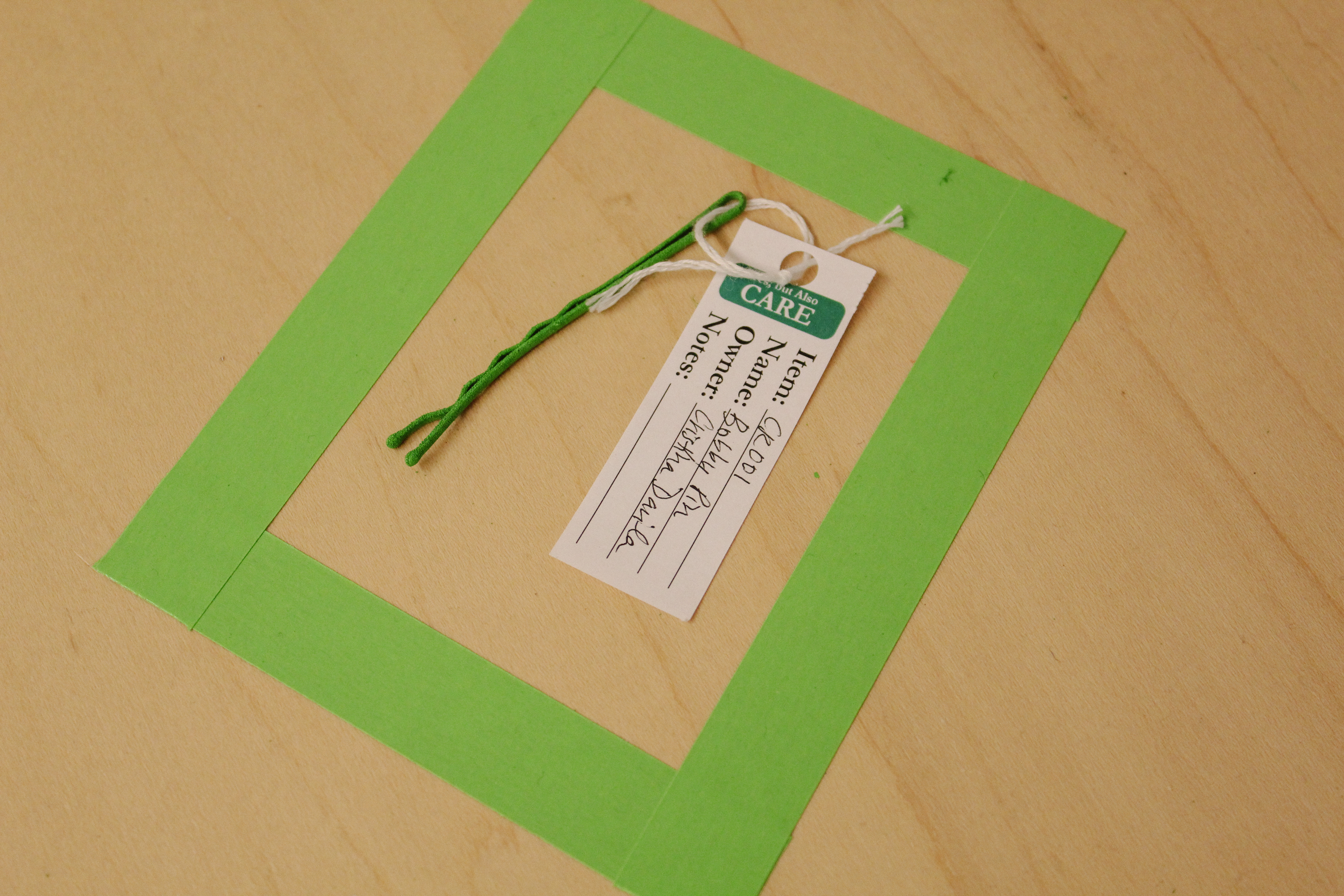
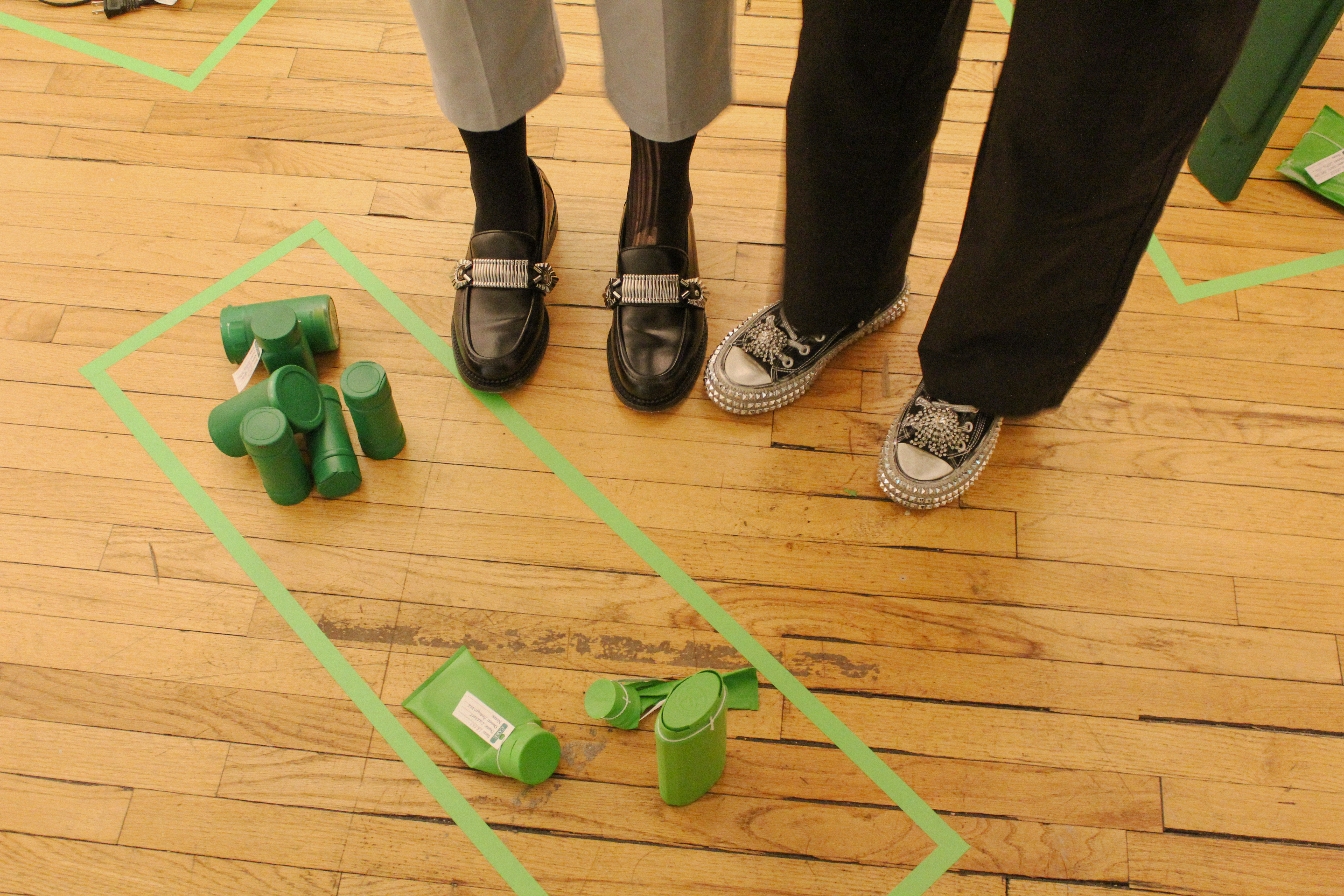
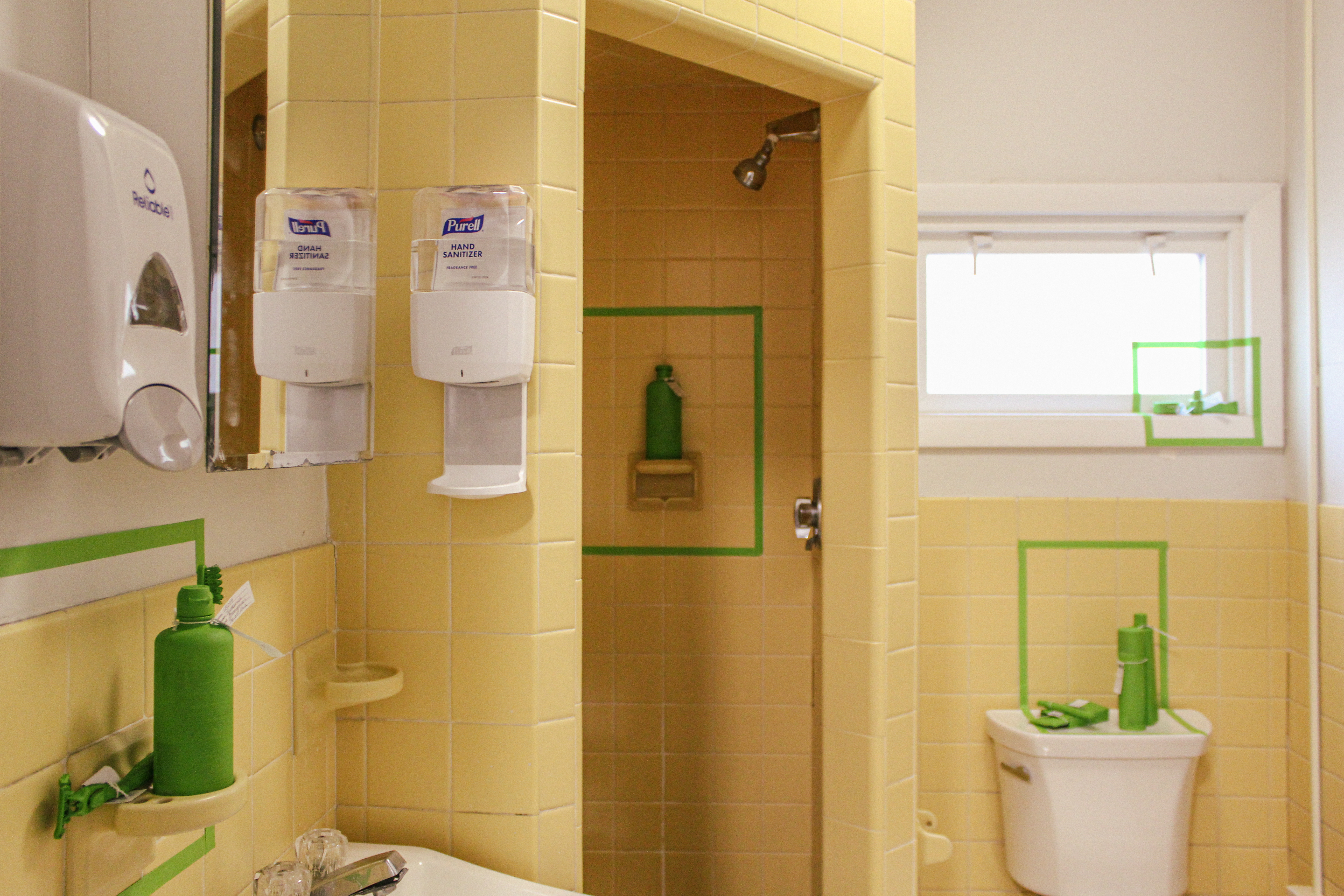
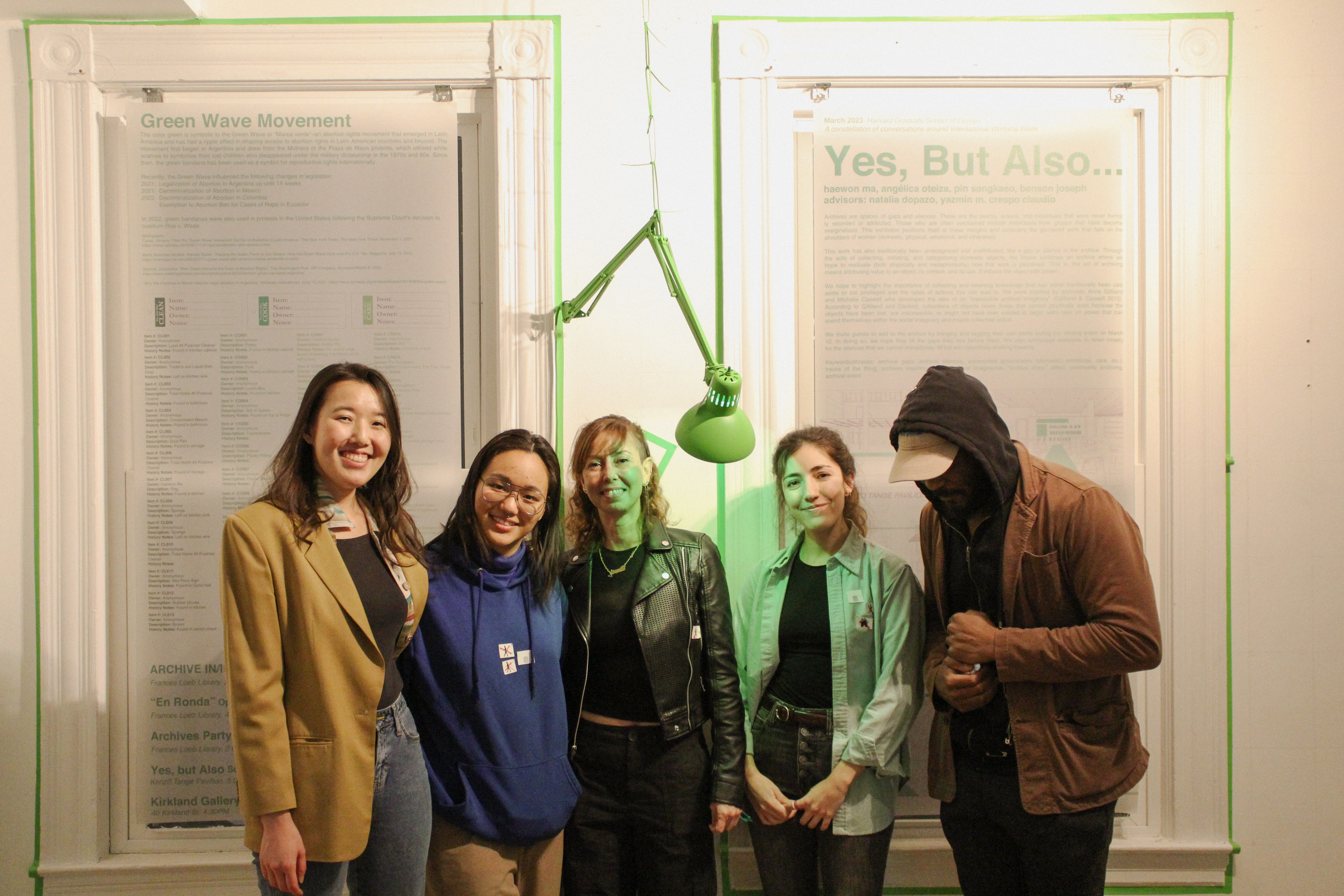
Yes, But Also...
42 Kirkland Gallery
Harvard Graduate School of Design
March 2023
Collaboration:
Haewon Ma, Snobs (Benson + Pin).
Advised by:
Natalia Dopazo, Yasmín Crespo.
Archives are spaces of gaps and silences. These are the events, actions, and individuals that were never formally recorded or attributed. Those who are often overlooked include individuals from groups that have become marginalized. This exhibition positions itself at these margins and considers the gendered work that falls on the shoulders of women (domestic, physical, emotional, and otherwise).
This work has also traditionally been unrecognized and unattributed, like a gap or silence in the archive. Through the acts of collecting, collating, and categorizing domestic objects, the house becomes an archive where we hope to resituate (both physically and metaphorically) how this work is perceived. That is, the act of archiving means attributing value to an object, its context, and its use. It imbues the object with power.
Trough this work, we hope to highlight the importance of collecting and retaining knowledge that has either traditionally been cast aside or not privileged and the types of actions this can lead to. We were inspired by archivists Anne Gilliland and Michelle Caswell who developed the idea of an “impossible archival imaginary” (Gilliland & Caswell 2015). According to Gilliland and Caswell, collections of objects (even those that cannot physically exist because the objects have been lost, are inaccessible, or might not have ever existed to begin with) take on power that transcend themselves within the social imaginary and inspire collective action.
We invited guests to add to the archive by bringing and tagging their own items before our closing event on March 10. In doing so, we hoped they would fill the gaps they saw before them.
This work has also traditionally been unrecognized and unattributed, like a gap or silence in the archive. Through the acts of collecting, collating, and categorizing domestic objects, the house becomes an archive where we hope to resituate (both physically and metaphorically) how this work is perceived. That is, the act of archiving means attributing value to an object, its context, and its use. It imbues the object with power.
Trough this work, we hope to highlight the importance of collecting and retaining knowledge that has either traditionally been cast aside or not privileged and the types of actions this can lead to. We were inspired by archivists Anne Gilliland and Michelle Caswell who developed the idea of an “impossible archival imaginary” (Gilliland & Caswell 2015). According to Gilliland and Caswell, collections of objects (even those that cannot physically exist because the objects have been lost, are inaccessible, or might not have ever existed to begin with) take on power that transcend themselves within the social imaginary and inspire collective action.
We invited guests to add to the archive by bringing and tagging their own items before our closing event on March 10. In doing so, we hoped they would fill the gaps they saw before them.